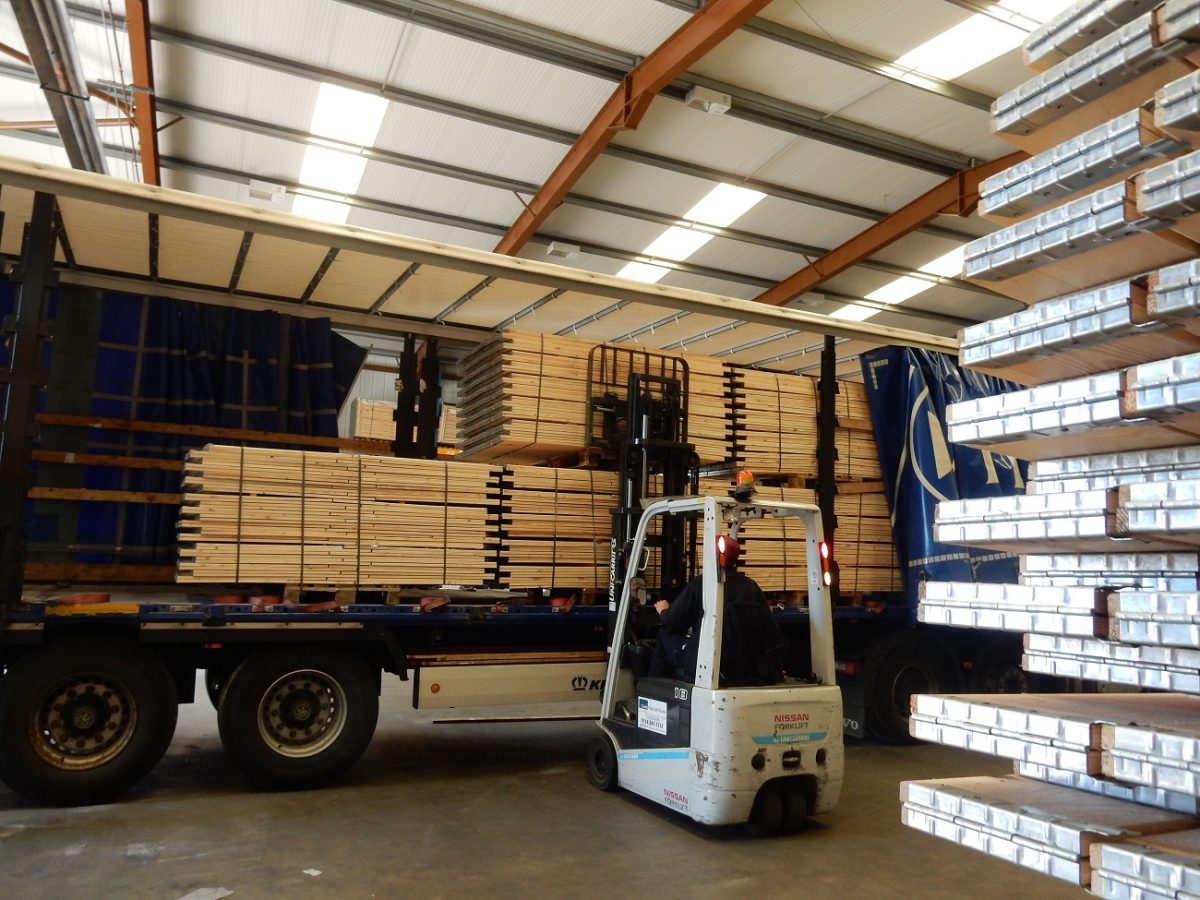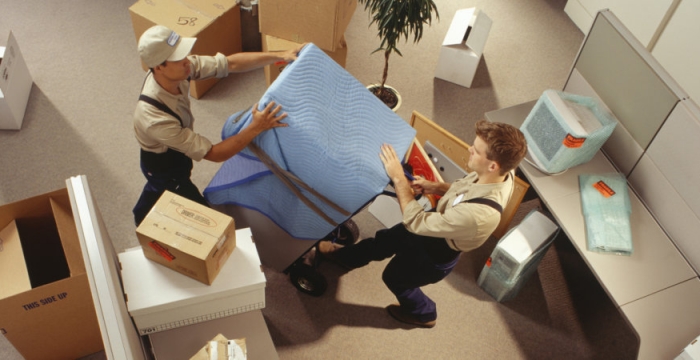The global movement of goods has had unintended and sometimes undesirable consequences. Species get introduced into new waters and ecosystems as a result of ballast dumping, agricultural trade, and illegal importation. Often the material that items are packed in or on is the source of an infestation. Such is the case with wooden pallets, which have been the unwitting vehicles for the Asian longhorned beetle, the redbay ambrosia beetle, the pine wood nematode, and the emerald ash-borer, among other species. Businesses that rely on pallet delivery need to be vigilant, but they have options that can reduce this added burden.
The most common set of standards followed worldwide was created under the International Plant Protection Convention treaty. The International Standards for Phytosanitary Measures, or ISPM15, stipulate that wood packaging material must be treated either with heat or methyl bromide and stamped after treatment. Unfortunately, there have been examples of suppliers counterfeiting the stamp or stamping pallets that were not in fact treated. If you are purchasing your own pallets – as opposed to having them provided by a pallet delivery company – first research prospective suppliers and materials.
Plastic pallets cost more upfront, but they have a few advantages. For starters, they are one of the few ways to ensure that your pallets are pest-free. They also score some points for being resource-friendly, as manufacturers are increasingly making them from recycled, and recyclable, plastics. They are also less prone to damage than wooden pallets, so they will be used many more times over – although, on the other hand, they are more difficult to repair.
Other materials include metal and different types of composite woods, all of which are pest-resistant. Some of these materials tend to be heavy, though, so you have to crunch the numbers to see whether you can handle the extra cost they might add to your shipping.
If you simply can’t afford to use a plywood alternative, you need to safeguard your business by going with a reputable supplier. Distance permitting, consider visiting a few unannounced to see their facilities and speak to someone about their treatment processes. Do they do their refurbishing? How do they source raw materials? You want the security of knowing that your supplier controls the process from start to finish.
You might not be surprised to learn that HM Revenue & Customs have strong feelings regarding wooden pallets and packing materials. You can learn more about those feelings here, but the essential takeaway is that wooden pallets within the UK and EU are subject to inspection and your shipment can be held up or even turned back if they are not up to scratch. Work out those potential costs, and it’s clear that if your goods go by pallet delivery, you cannot afford to cut corners.



Having pest free storage is indeed to maintain a business reputation and product quality.